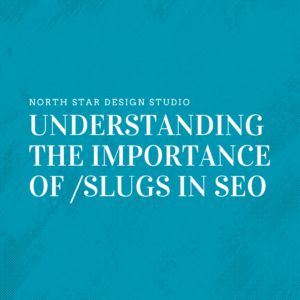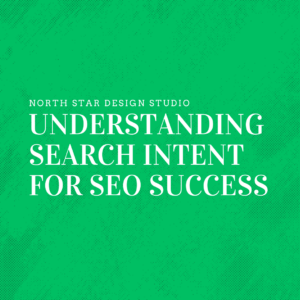In the digital landscape, the effectiveness of your on-page SEO is a pivotal factor in your website’s ranking ability. Understanding and correctly implementing on-page ranking factors can significantly boost your site’s visibility in search engine results.
What Are On-Page Ranking Factors?
On-page ranking factors are elements within your website that you can optimize to improve its ranking in search engine results. These include:
1. Content Quality
The quality of your page’s content is crucial. Effective content meets a specific need and is shareable. It could be informative (like a Wikipedia article), entertaining (like a comic), or utilitarian (like a tool or a product page).
Attributes of High-Quality Content
- Fulfills a Demand: Top-tier content addresses a prevalent need or question.
- Linkable: If the content is not easily linkable, it may not rank well, as search engines favor content that garners backlinks.
2. Title Tag Optimization
Title tags are critical for SEO. They should be precise and incorporate relevant keywords to reflect the page’s content effectively.

3. Optimal URL Structures
The URL should reflect the website’s information hierarchy, offering insights into the page’s content and context. This helps search engines understand the page’s relevance.
Examples of URL Structures:
- Good Example: https://www.example.com/category/subcategory/page-title
- Poor Example: https://www.example.com/?p=123
4. Image Alt Text and Headers
Proper use of alt text for images and strategic header tags contribute to a page’s SEO strength by providing context and clarity.

On-Page SEO Best Practices
Effective on-page SEO involves several best practices:
- Targeted and Relevant Content: Content should be specific to the topic, detailed, and user-centric.
- Strategic Use of Keywords: Keywords should be naturally integrated into the content, titles, and URLs.
- Technical Optimization: Includes optimizing sitemap.xml and robots.txt files for better search engine crawling.
- Mobile Responsiveness and Page Speed: Ensuring your site is fast and accessible on all devices.
An Example of Optimized On-Page SEO
A well-optimized page includes:
- A relevant, keyword-rich title tag.
- A URL that mirrors the site’s content hierarchy.
- Content that thoroughly addresses the topic.
- Alt text for images that describes the content contextually.
Understanding the Overarching Goal
For business owners, delving into the intricacies of on-page and technical SEO can be overwhelming. Recognizing when to partner with SEO professionals, like those at North Star Design Studio, can be crucial. Our monthly maintenance packages focus on these essential on-page elements, ensuring your site is optimized for both search engines and your audience.

Navigating the Complexities of On-Page SEO
On-page SEO stands as a vital component in the intricate puzzle of your website’s ranking success. It intricately weaves together the art of content quality, the precision of technical optimization, and the finesse of user experience. However, we fully recognize that for many business owners, diving deep into the nuances of on-page SEO can be a daunting endeavor, often stretching beyond the scope of everyday expertise.
While this article aims to enhance your baseline understanding and provide valuable insights into the world of SEO, the reality is that effectively implementing these strategies can be a complex task, sometimes requiring a level of technical know-how and time investment that goes beyond the typical bandwidth of a busy business owner.
In such instances, enlisting the help of professional SEO experts can be a game-changer. Teams like those at North Star Design Studio are equipped with the knowledge, tools, and experience to navigate these waters efficiently, ensuring that your website not only meets but exceeds the SEO standards required for better ranking.
Our hope is that this guide serves as a helpful starting point, empowering you with the knowledge to make informed decisions about your website’s SEO strategy. Whether you choose to explore these optimizations on your own or decide to partner with professionals, the ultimate goal remains unchanged: to create a website that is both user-friendly and highly regarded by search engines, a digital space where quality content, technical excellence, and superior user experience come together in harmony.

FAQs
- What is On-Page SEO? On-page SEO involves optimizing elements on your website, including content, images, HTML tags, and more, to improve search rankings.
- How Does On-Page Differ From Off-Page SEO? Off-page SEO refers to actions taken outside your website, like link building and social media marketing, to improve your site’s ranking.
- Why is On-Page SEO Crucial? On-page SEO is essential as it directly influences how search engines understand your page and how users interact with it.
- How Long Does It Take to Rank on Google? The time it takes to rank on Google varies based on content popularity, technical aspects, and other SEO strategies. It can range from a few days to several months.





